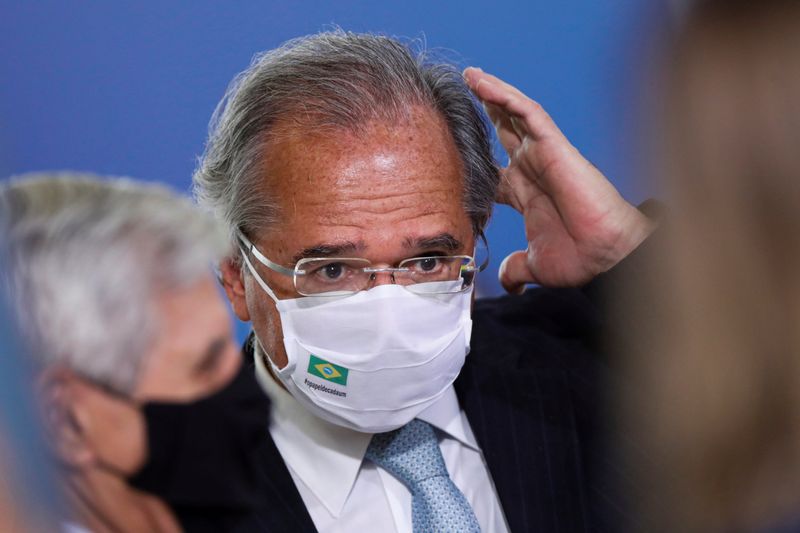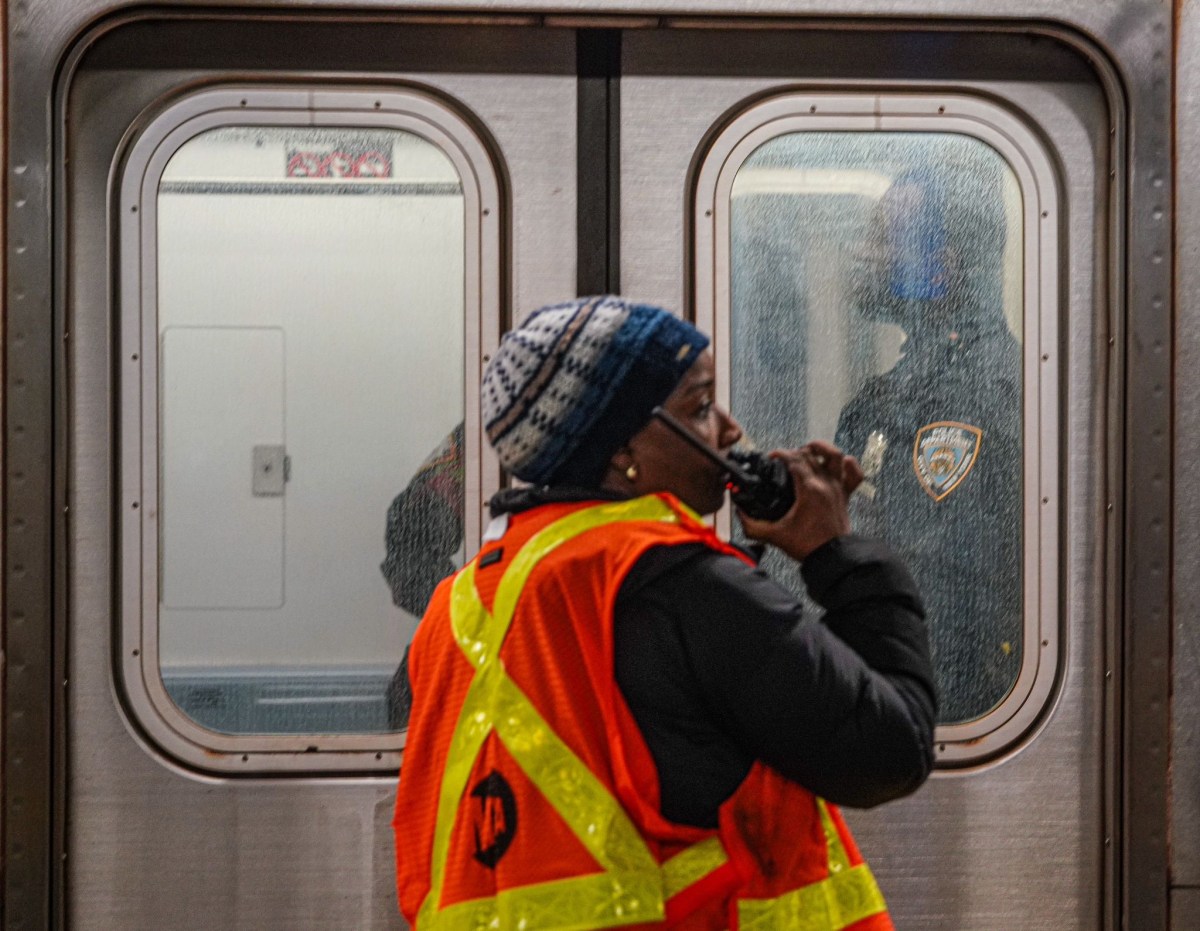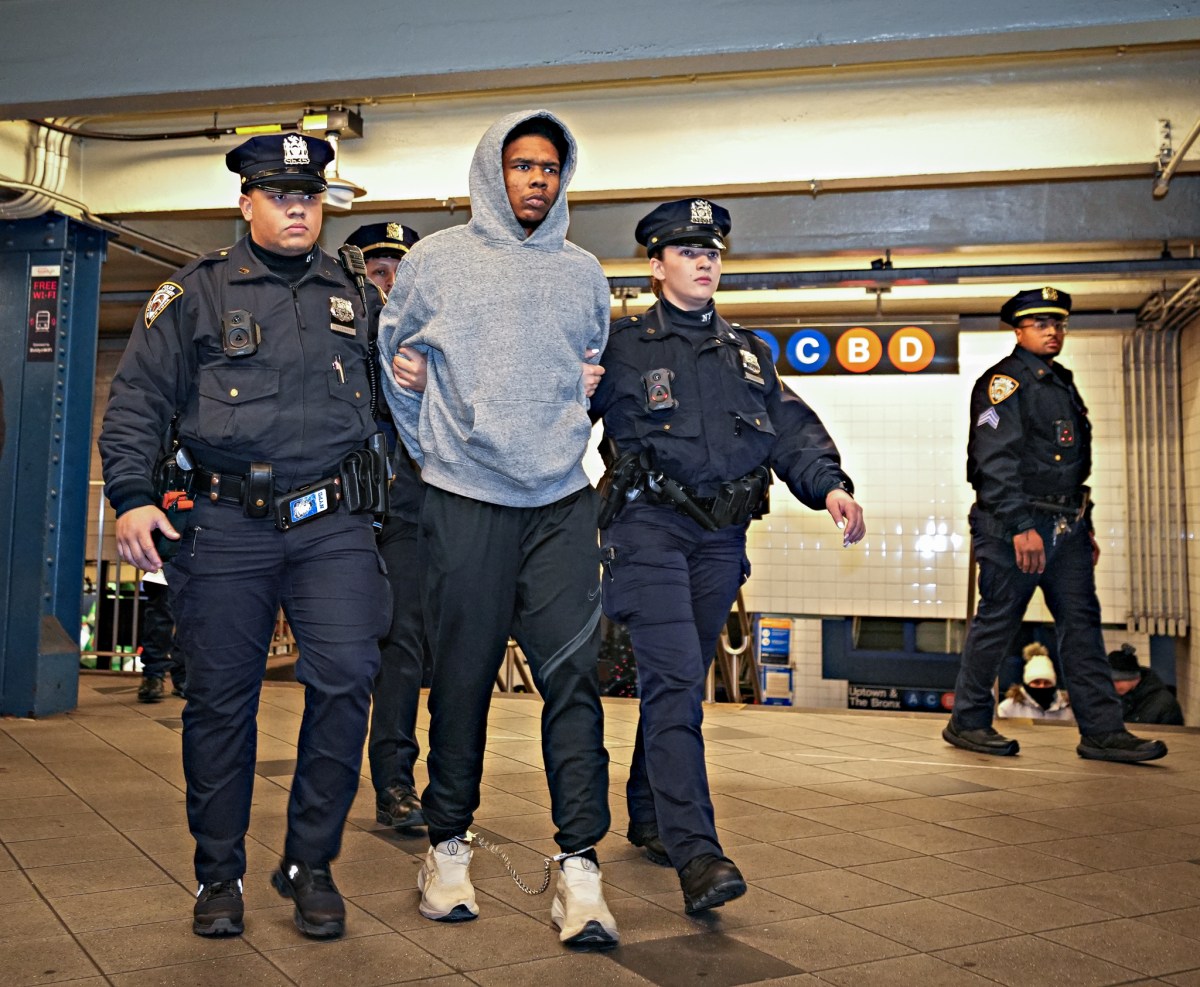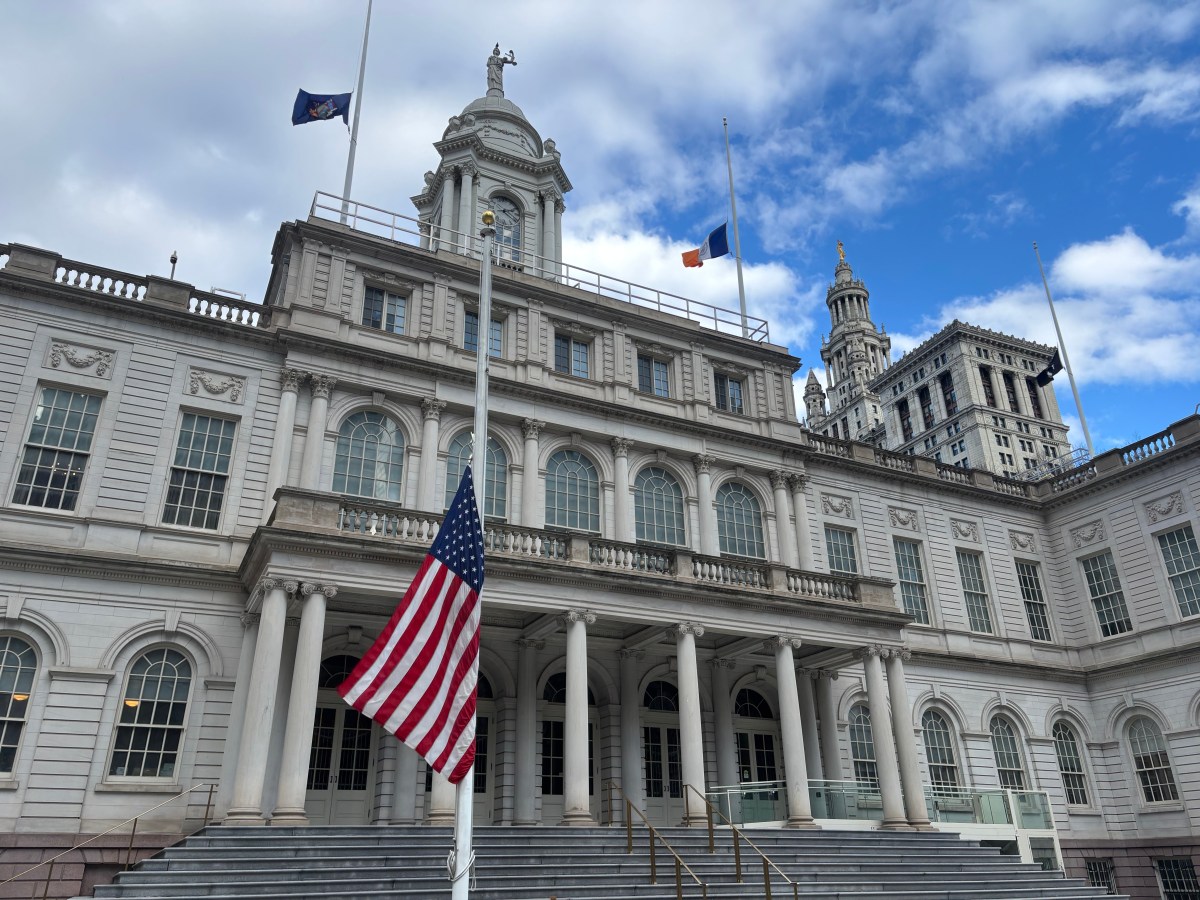BRASILIA (Reuters) – Brazil will extend pandemic emergency cash transfers to the poor and vulnerable, Economy Minister Paulo Guedes said on Thursday, but added that the payments must come with compensating cost-cutting measures to avoid ruin to the public finances.
Addressing an online event hosted by the National Agriculture Society, Guedes said the aid must be included in an emergency ‘war budget’ like last year, meaning the government’s spending cap and ‘golden rule’ on borrowing would not be broken.
Last year’s emergency measures to cushion the impact of the COVID-19 pandemic cost the government around 8% of gross domestic product. More than half of that, some 322 billion reais ($60 billion), went on direct transfers to the poor.
“I need a war PEC (constitutional amendment), I need congressional action,” Guedes said, noting that last year’s emergency constitutional amendment was put together in 48 hours.
It expired on Dec. 31, and the severing of the cash lifeline to millions of people and a second wave of the virus has forced the government to do more, despite warnings from financial markets over the fiscal impact.
“If I spend without permission, it is a breach of the fiscal responsibility law, a breach of the golden rule. ‘Ah, but you can ask for an extraordinary credit’. It’s not that simple. That takes longer than a war budget amendment,” he said.
Guedes said the mechanism for this already exists, pointing to a public calamity clause within a budget reform bill that aims to revamp the financing ties between federal and local governments.
Speaking in an online event hosted by investment bank BTG Pactual, Guedes said the new round of transfers could be 250 reais a month spread over three or four months.
This points to a more costly program than that outlined earlier this week by a government source directly involved in the discussions, which was for monthly payments of 200 reais over three months.
Guedes said no expense would be spared in the fight against the pandemic and protecting the most vulnerable in society. But he insisted that, unlike last year, it could not be a blank check and spending must be cut in other areas of the budget.
Otherwise, interest rates would shoot up, the currency and stock market would fall, and capital would leave the country, he warned.
($1 = 5.3665 reais)
(Reporting by Gabriel Ponte and Jamie McGeever; Editing by Chris Reese and Rosalba O’Brien)























